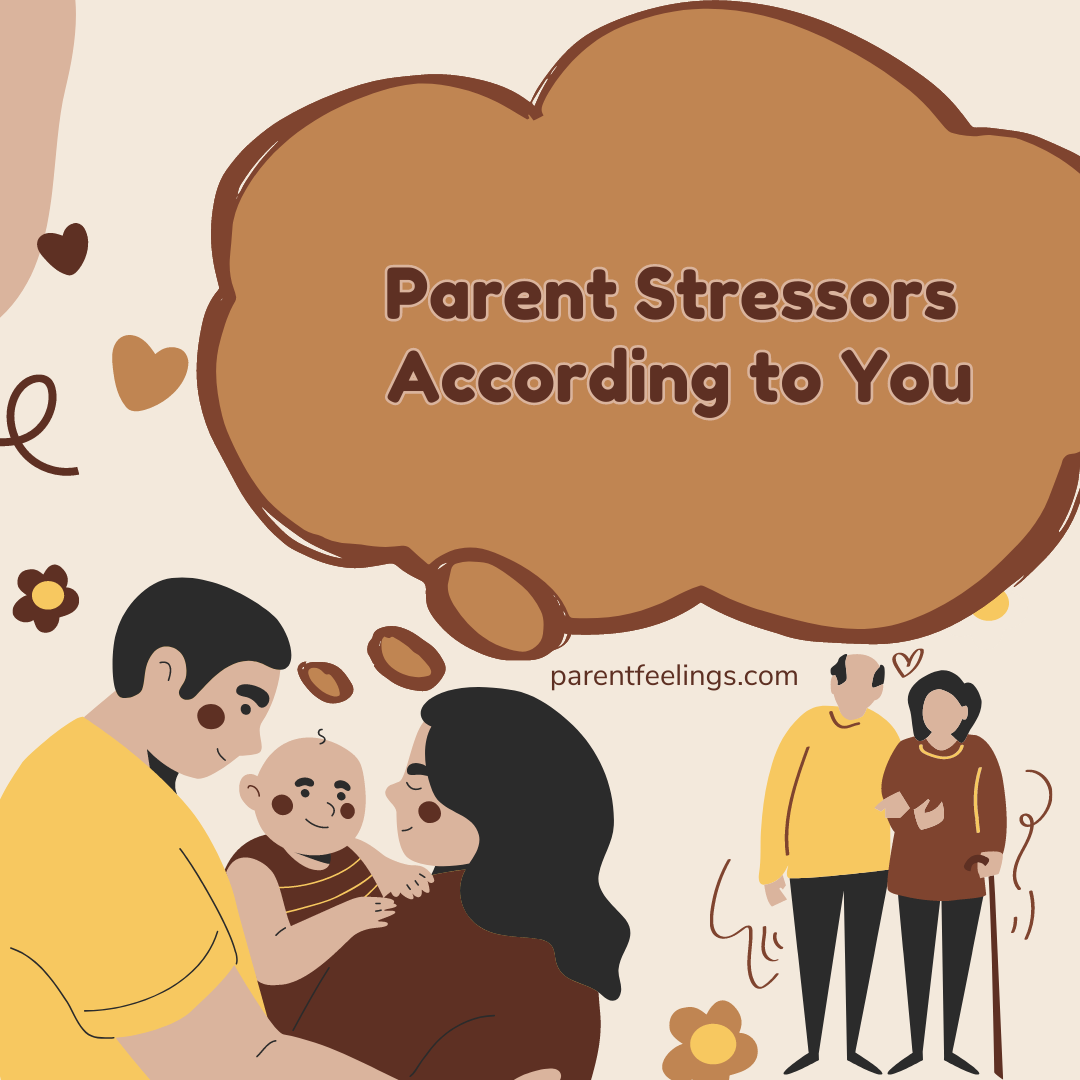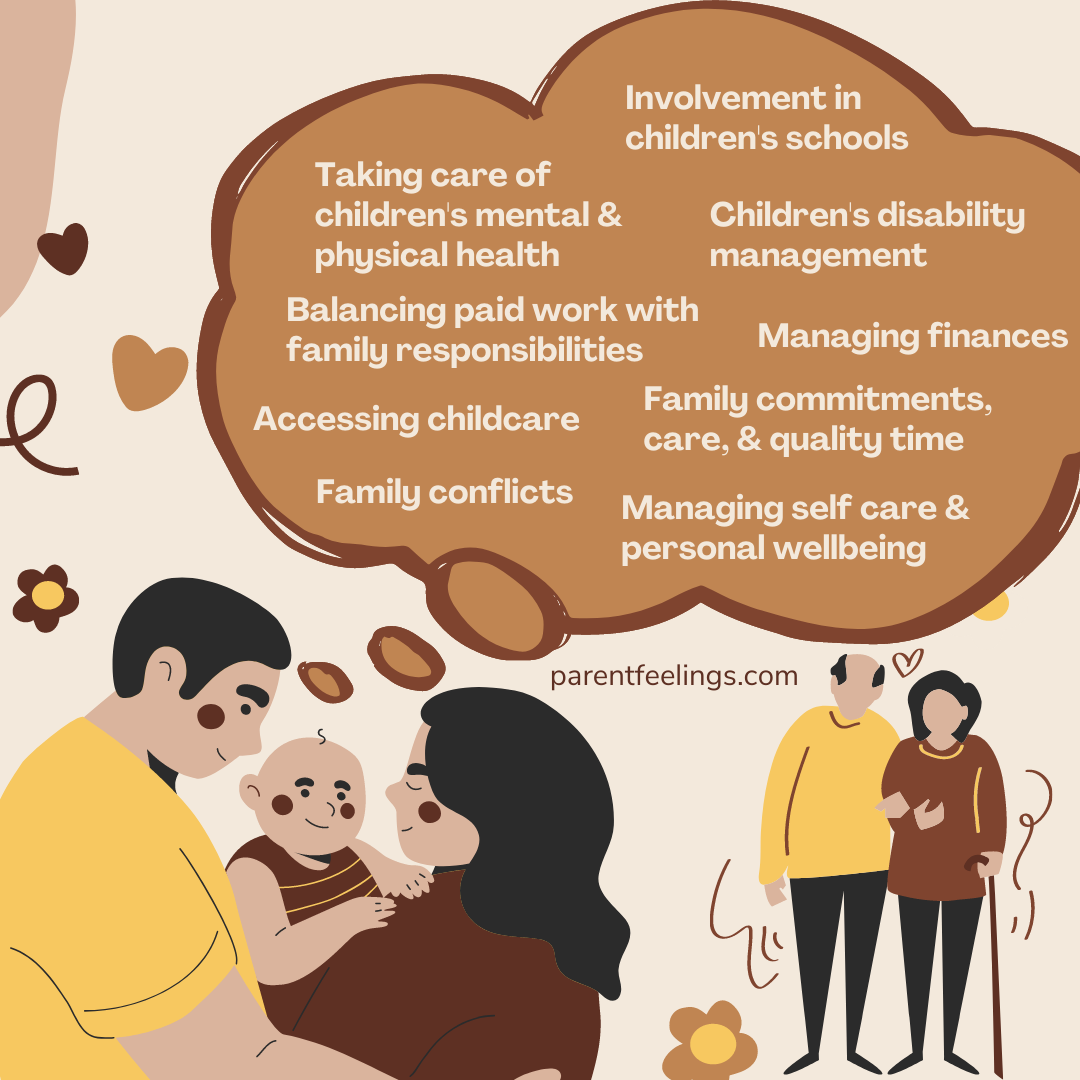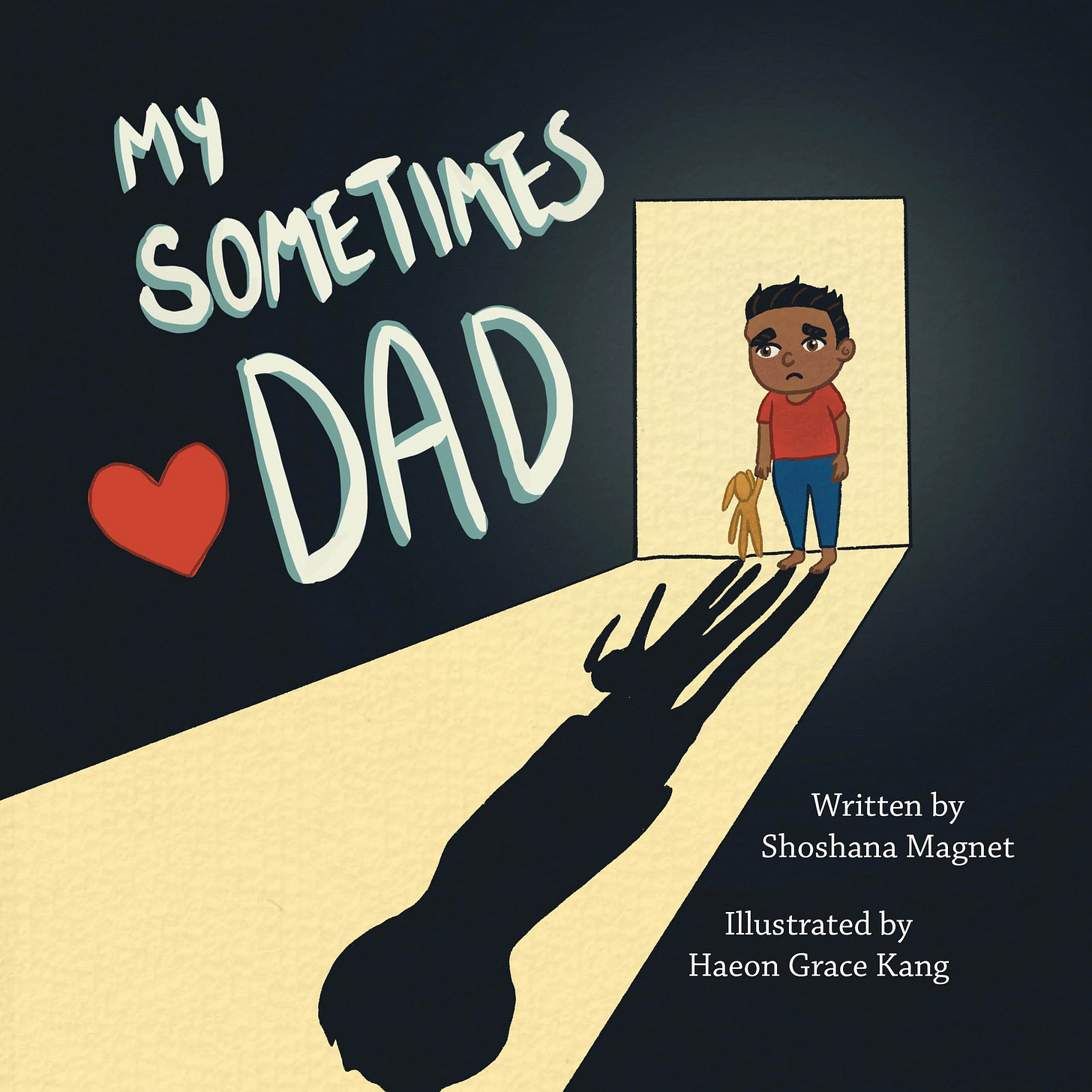Swimming Registration Edition
At least all of our teenagers will be wearing PFDs at pool parties together.
Last Saturday morning at 8:55, my watch buzzed at me while I brushed my teeth. I didn’t need to look at my wrist. Hollering for my partner with a mouth full of foam, I skittered through the house for my laptop, spit in a sink on the way down the hall, and hid from my kids in the office where my partner was already on the desktop. Friends staying from out of town sipped coffee in the living room without raising eyebrows. Minutes later, at 9:02 AM, we emerged from the office with mixed elation and despair: one of two kids got into swim lessons.
We were the lucky ones, at least partially winning the only registration lottery with worse odds than securing Taylor Swift tickets. (We managed to get two of those.) Over a year ago, CBC News reported on the struggle to register kids for swim lessons in BC, explaining how COVID precipitated pool shutdowns and worker shortages across the province. I doubt anyone interviewed for the PFP has not had a conversation with parent peers that includes the phrases: “It’s impossible!” and “It’s a safety issue!”
There are more pressing crises for families, sure. But the shift towards inaccessibility in kid recreation (scoring affordable music lessons, dance classes, or gymnastics is also a humbling contest) parallels shifts away from accessible housing, after-school care, transportation, and groceries. The adrenaline crash after yet another missed registration window compounds as parents go through the work of figuring out the registration date in the first place, and then clearing their schedules in the hopes of getting lucky.
What happens when a sense of scarce resources erodes what little sense of community we as parents are clinging to as we begin to view other parents as direct competitors in the desperate search for kid services? Parents of children with disabilities and complex needs brought on by chronic illness have long reported a sense of feeling abandoned by public institutions like education and health. How are more parents making sense of this depressing feeling as they raise their kids in a complex political moment? Besides a generation of kids lacking important knowledge about water safety, what else might be at stake?
When Surveyed…
Given how concerned PFP survey participants are with inflation and the rising cost of food and necessities—some 71% of participants reported this as a top social issue that impacts how they think about their child[ren]’s future—it is no wonder that the topic of accessing kid activities and care have come up so often in our interviews. When interviewed, one parent connected financial stress to summer child care and the dreaded registration race:
The financial burden is heavy. Right now, it’s day camps. It's like, this one is maybe 700 bucks and might be at 800 for a week. So that's a lot of money… So we've been kind of juggling…I know next week, there's nothing for my kid to be in so we're just gonna have what we call “terrible daycare,” where we take them to like the park…There is not a lot of help. Summer is just tough. I’ll be on the phone with like, a couple of browsers open to get folks into the right camps at the right time. And things sell out within like, five minutes.”
Parents surveyed who selected the “other” button in response to our list of possible stressors noted the following struggles.
Feeling the Unequal Access
Parents are savvy. We have a sense of our position and struggles relative to those around us. And I would argue, based on my research for this project, that we are in a habit of referring to our positions directly lest we be mistaken for an insensitive person in trying times. For example, many parents we spoke to have framed their stresses with the caveat, “but I’m really lucky, so I can’t complain.” How many of you have said this? I’m sure I have.
The spirit of this caveat is not the problem. Leading with awareness of one’s privilege is a sensitive way to keep one’s personal family struggles in perspective when we know that some families are struggling to survive. Indeed, as up to 20% of kids in BC schools face the devastating impacts of food insecurity, swim registration seems meaningless, even unethical to raise as a legitimate stressor.
But it’s not unethical to raise these challenges. In fact, what parents are indicating is their collective awareness and discomfort that we live in a profoundly unequal society. This weighs on people even among parents who aren’t the ones struggling to meet basic needs. Addressing inaccessibility remains critical for building community across classes. Tracing the “but I’m so lucky” feeling to the root of the problem—inequality—is vital for challenging it.
Gratitude is not helpful.
As the wealthiest families in Canada accrue more wealth, the poor are getting relatively poorer. How does this relate to the cultural politics of parenting? Well, our access to resources as parents shapes how we make decisions. An unequal society is not well connected socially and struggles to pursue goals that would benefit the common good—including on things like sustainability and, ahem, public services that would benefit families… like subsidized swim lessons!
Here’s one interviewed parent who connects the skyrocketing cost of groceries with unequal access to kid recreation, especially as a single-income household:
Everyone's talking about how horrible the grocery prices are. Inflation is really stressful. I just feel like my kids eat so much. And the cost of like childcare and activities, and then you add groceries and the gas... I am looking for a side job or second job, to just make sure I can continue giving them what they need. What activities can they go in? What interests can be pursued? Music lessons, skiing, like what are the things that you want your child to be able to do and… The socioeconomic difference between friends becomes more and more apparent…And as a single income household, I really struggle. My kids are in cheap things like soccer and swimming. They have friends who were in skiing or tennis lessons. We're beginning to see that kind of class difference, even within our own school community.
It’s One Thing to Say Let Them Be Bored…
We have all heard this. Boredom is good for kids. And thank goodness, because we all parented kids through a pandemic! We are now skilled boredom embracers.
But…
1. It’s not easy to withstand the whines of kid boredom, especially when you’re trying to get something done or rest; and, more importantly,
2. How many of us have felt a pang of stress with respect to kid boredom when thinking of other kids spending time in enrichment activities?
In one interview, a participant spoke candidly about this very fear: that if she doesn’t provide the kids with the right extracurriculars, they may face barriers to their chosen paths later in life. For her, this is personal. She had applied to go to medical school and was unsuccessful even though her academic scores were strong. Working to support herself as a first generation immigrant student, her resumé was short on extracurricular accomplishments, leadership activities, and volunteer hours.
The fear is real, and it intersects with race, class, and immigration status. It’s one thing to appreciate the intellectual benefits of boredom. It’s another to feel like the decisions we make today amount to the padding (or not) of our future college applicant’s CV, particularly if we fear that our kids are likely to face discrimination for other reasons.
It strikes me that parents know a lot about the benefits and drawbacks of scheduling kids. Data swirls around and through us as we sneak sips of tea and wait for the rice cooker to ding. (For example, an estimated 40% of kids are sleep deprived because they’re too busy. Unstructured play contributes to stress reduction while enhancing problem-solving and creative thinking. Peer pressure leads parents to overcommit themselves to extracurriculars, and kids feed off of parent overwhelm. Kids are stressed out, in part because they’re too busy.)
As I’ve said in previous newsletters and as a few interviewees have mentioned, this information is welcome, but it can amount to more pressure on parents to do something, anything, right.
This is the Swimming Registration Edition. The point is this: it’s not just about the registration nightmare and the real lack of resources available to families, though this is critical. It’s also about our perception of scarcity. If we, as parents with relative means, begin to feel acutely in competition for resources with other parents, we turn away from each other and maybe feel grateful. We need to be turning toward each other to lobby for better resources for all families. What can we do to lobby for improved access, like further subsidizing the recruitment and training of life guards? Ideas welcome in the comments.
As we face the big September transition next week, know that I’m telling my bored kids to go read a book. (They can’t read yet so they really hate this.) I might find it stressful, but I’ll be thinking of you.
In Headphones
As I listen to parents talk about activities and minimalism and driving kids around, I’m reminded of sociologist Elizabeth Currid-Halkett’s 2017 book The Sum of Small Things: A Theory of the Aspirational Class. As always, there’s a shortcut! Listen to her interview with Ezra Klein where they discuss shopping at Whole Foods, yoga, the cult of “natural” (unmedicated) births (ahhh!):
Parent Feelings Book Club
This time, the book recommendation really veers from the topic because I’m excited to recommend a new book by first-time children’s book author, Dr. Shoshana Magnet. It’s called My Sometimes Dad and is available for pre-order. I’m ordering it for my partner, as I wonder if even brave adults among us with Sometimes Dads might benefit from seeing their childhood experiences represented at last.
From the author:
This one is close to home. I long for narratives that do not treat family reconfiguration and breakdown as something that only happens to other people. COVID-19 ushered in a new era of family breakdown – symbolized by comedian John Mulaney when he introduced his latest comedy special with the equivalent of “haven’t seen you in a while. How are you? Gotten divorced?” Children urgently need complicated narratives that help them to deal with family reconfiguration in ways that acknowledge its pain. We need picturebooks for kids that do not only feature perfect “happily ever afters.”
As a mom in a queer blended family, I know these hard situations deserve books that explain the feelings that come up for children. Currently, it is impossible to find stories about the complexity of biological and non-biological fathers who were once around, and now are not. My Sometimes Dad is written from the perspective of a child experiencing the full spectrum of feelings when his Dad comes to pick him up. The conclusion he comes to is not tidy or trite, but real.
The book is illustrated by Haeon Grace Kang. Haeon is an illustrator and artist based out of Winnipeg, Manitoba. She holds a Master of Arts and is currently studying to become a Registered Marriage and Family Therapist.
The Parent Feelings Project Newsletter provides brief updates on research findings to our participants as well as links to resources that might be relevant to this community. Findings will also be posted on the research website. https://parentfeelings.wordpress.com/survey-preliminary-findings/







I appreciated your perspective on the "perception of scarcity" eroding community so much, I shared it in my latest newsletter: https://playgroundtalk.substack.com/p/see-hear-do-the-change-will-come-edition As a New Canadian, all the "shortages" plaguing our province feel rather surprising, so I'm glad to have some vocabulary to help wrap my head around the larger issue. Thank you!